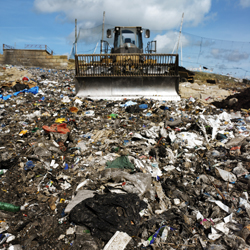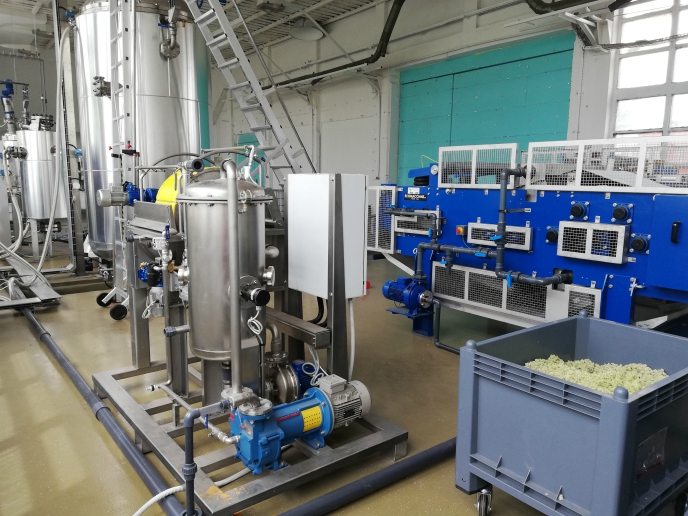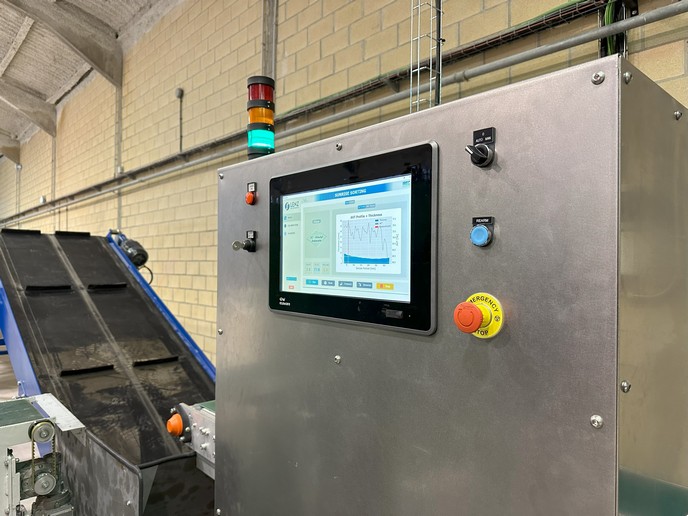Improving waste management in western Africa
Living conditions in most African countries are poor. One of the contributors to this is the lack of appropriate waste management structures at national and regional levels. This leads to an accumulation of waste, which results in, among other things, uncontrolled burning, open dumpsites and loss of valuable resources due to inefficient recycling. The 'Integrated waste management in western Africa' (IWWA) project aimed at addressing this issue by bringing together various authorities to aid in selecting and promoting appropriate waste management systems. The project focused on four countries: Ghana, Ivory Coast, Nigeria and Senegal. Project partners identified possible policies, technology options and systems based on the regional situation and needs of the targeted countries. They also developed guidelines for the selection and implementation of the relevant systems and assessed the potential influence these systems could have on waste sectors. Project successes were possible through the participation of a number of stakeholders, both local and international. Best practices related to waste management were identified in European and non-European countries and there was a sharing of knowledge and expertise among the stakeholders. IWWA has allowed for the strengthening of formal and informal networks on waste management in the four target countries. Stakeholders have improved their understanding of waste management and treatment technologies so that they can now implement the proposed measures to positively influence SWM.







